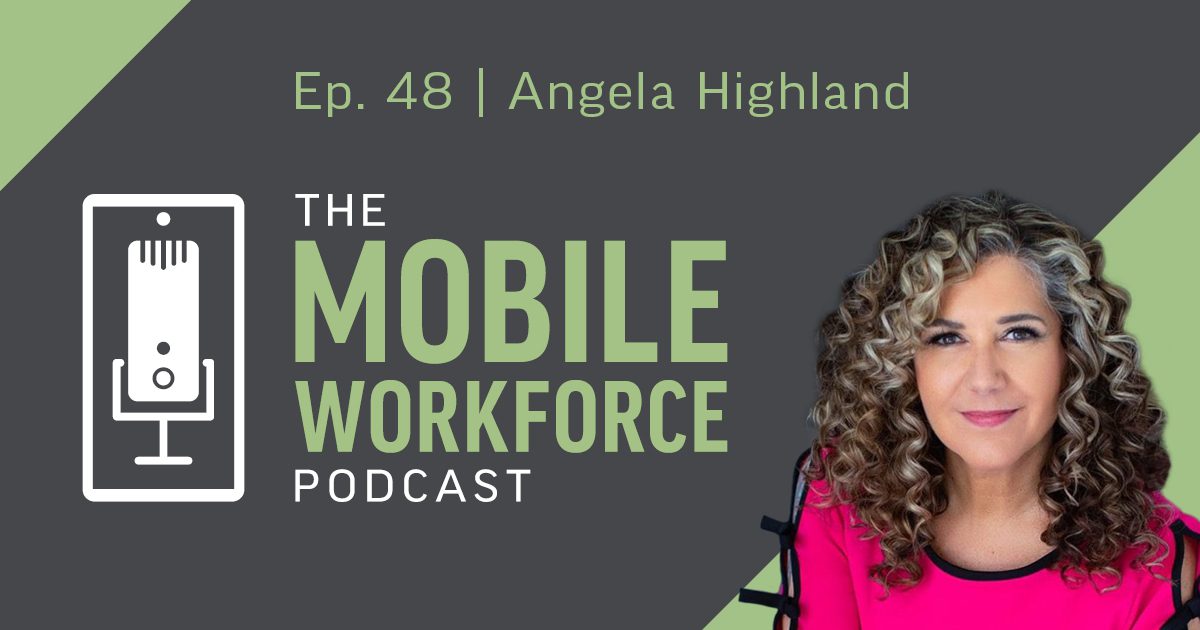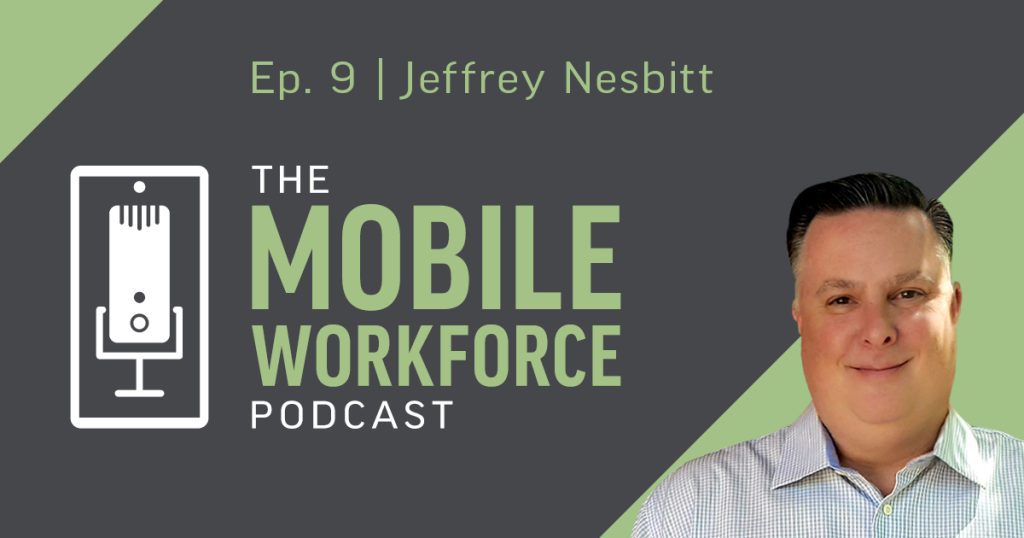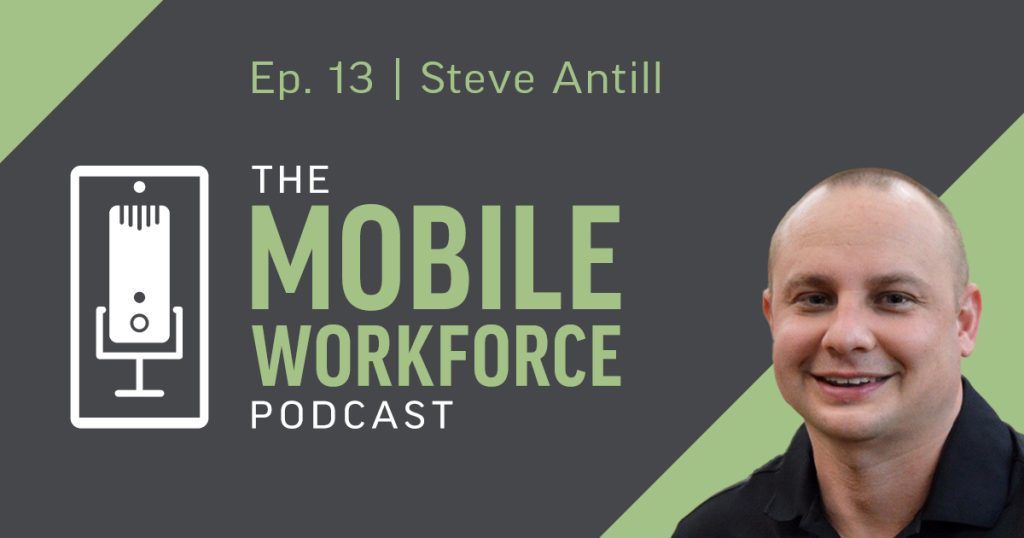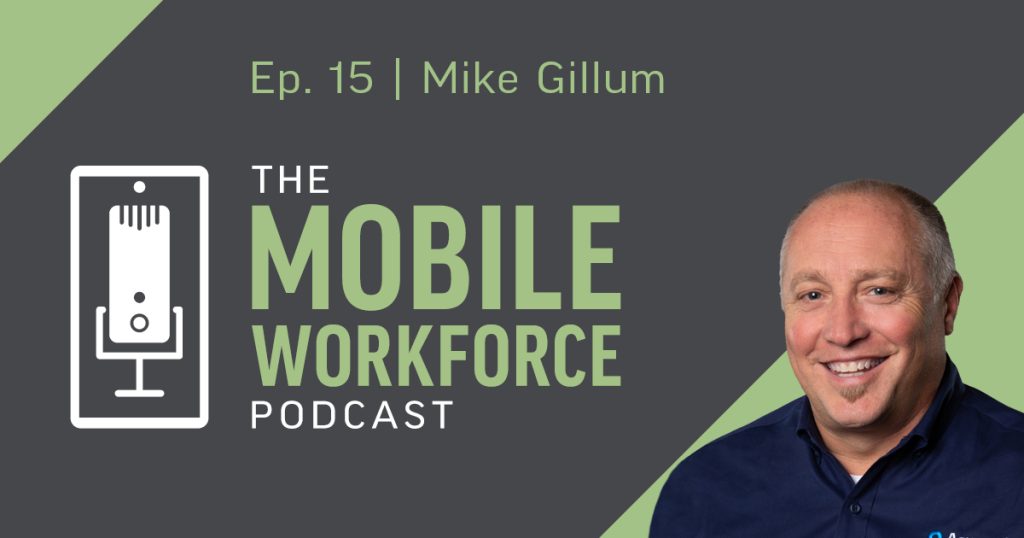Reaping the Benefits of Mentorship and Coaching in Construction
Apprenticeships have been a staple in construction for thousands of years. To this day, the benefits of mentorship and coaching are apparent, but at the same time, they’re becoming more challenging to pull off. Why? People get stuck in the busyness trap and delay, delay, delay. But like all relationships, mentors and coaches require time and commitment to grow and flourish. With the fourth quarter kicking off and New Year around the corner, there’s no better time to prioritize mentorship and coaching.
To learn more, host Mike Merrill welcomes Angela Highland to this episode of the Mobile Workforce Podcast. Angela is a project manager at Ironrock Commercial Construction, a Florida-based commercial construction company specializing in pre-engineered metal building erection and cast-in-place concrete. She is also a mentor and coach at Call to Action Coaching and Consulting and the host of Build. Lead. Succeed, the official podcast of North America Women in Construction (NAWIC). During their chat, Angela explains the benefits of having mentorship and coaching programs in your business, and how having a mentor or coach can help you reach personal and professional goals.
Key Takeaways:
- Mentor and coaching programs cost less than you think. Large construction firms understand the long-term value of coaching and mentorship and typically have these programs implemented already. These initiatives are affordable and smaller firms would benefit greatly from the knowledge and growth these programs provide to their employees.
- Match your mentors to your goals. Whether you pick one mentor or multiple mentors, make sure you focus on your goals with no more than one mentor per goal. Focusing on a single goal with multiple mentors can be overwhelming and might cause friction if multiple voices are involved in this process.
- Mentorship fills in training gaps in your workforce. No one in your workforce knows everything. For example, after receiving a promotion from a craftsman to a supervisor, a new leader can turn to a coach to help lead and guide them in their new role. Linking a new leader with an experienced leader for coaching shortens the onboarding process and helps avoid inevitable mistakes.



